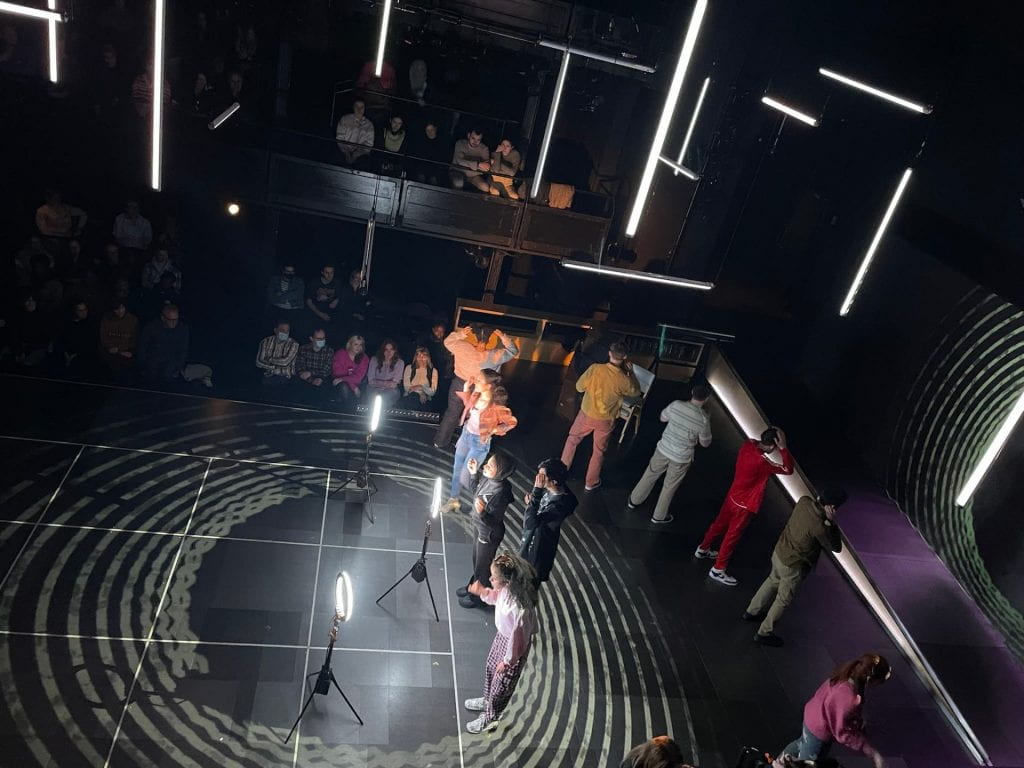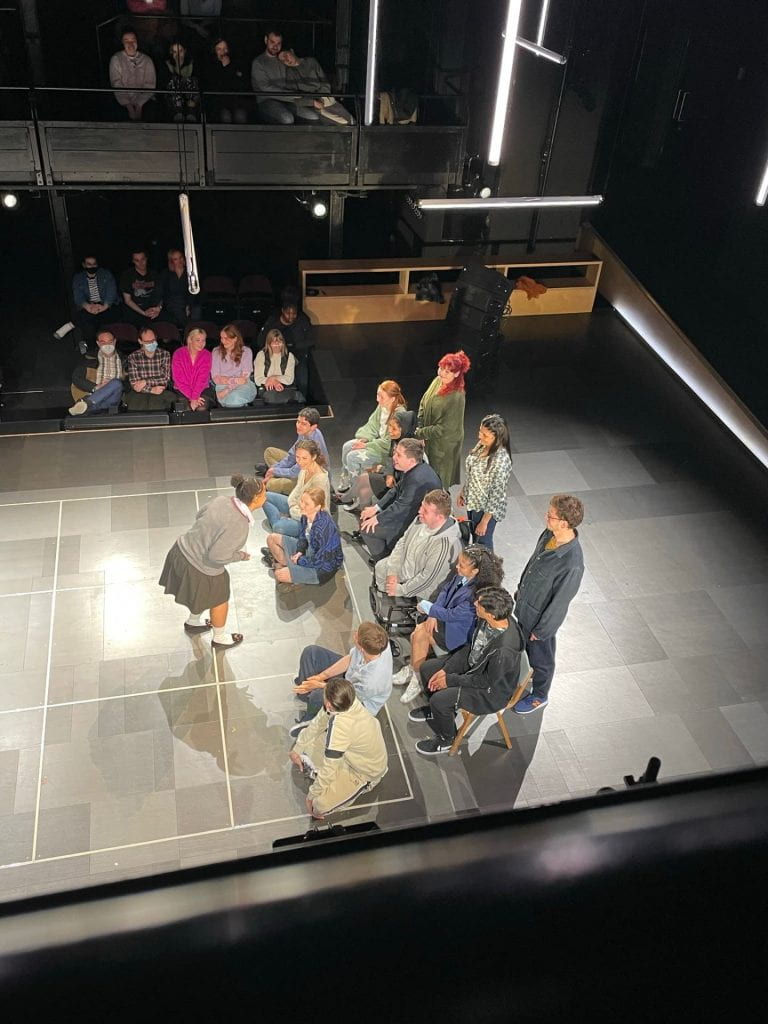Uncovering real teenager struggles in theater
Nahyr Morales Lugo
Growing up in what is considered Generation Z, I have had my fair share of first-hand encounters of what my generation compared to others consider everyday priorities. Receiving higher education, traveling, technology and most importantly with the help of a combination of all of these, upholding a social image. The depiction that our lives are perfect through smiling selfies in new locations has become a distraction and almost a concealment to disguise what truly happens behind the scene. Generation Z has been proven to be the loneliest generation, and the one that deals most with issues such as anxiety and depression, dictating many of the decisions and worries that we battle with daily. These credentials are the reason why the artistically displayed play Our Generation at the National Theater not only captivated my attention from the start, but will remain one of the most meaningful plays I have ever seen.
In unraveling the reality of Gen Z teenagers, Alecky Blythe employs the characters of twelve young teenagers and follows them through their journey of growing in a world that is everything but normal for five years. There is no main character throughout the play, and no situation that is too out of reach for the teenagers that are discovering their identities. During the three hours audience members are presented with topics of bullying, body dysmorphia, relationship troubles, and teenage pregnancy that allows each character to feel as if they were friends of the audience, rather than just actors performing scripts.

Although I loved all the teenagers and was able to connect a bit with each, the character that stole my heart was Ierum, played by Rachelle Diedericks. She is the youngest character in the play and struggles with body dysmorphia and isolation from much of the teenager world due to her mother’s overprotection, which leads to exclusion in her friend group. We are able to grow up with her and experience her journey of discovering self-love and acceptance, all while maintaining her innocent heart of gold in the midst of events that could have left her heartless. Her role represents the importance of teenagers understanding that the uncertainty that teenage years bring do not last forever and that it is far more crucial to remain true to self, than to change for the pleasing of a cruel society that has unrealistic standards.
The only criticism about the play that I have is with the portrayal of technology and the misconception of what occurs to teenagers, especially girls, if they do not pursue higher education. I would have liked the upside of technology that educates and connects individuals, rather than just one that portrays teenagers as “addicted to their phones” making them waste hours on “garbage.” I would have also liked to see the character of Mia, played by Sarita Gabony, not have to endure abuse, drugs, and experience a scare of teenage pregnancy to have to see a light at the end of the tunnel. It would have been a brighter journey to see her choose a path that was more in alignment with her needs, and lead her to discovering that there are more careers than those that higher education provides.
Overall, I was able to see myself and my friends through many of our passages toward adulthood through the characters in Our Generation. From Primark and Kardashian-obsessed Ayesha and Ali, played by Anushka Chakravarti and Gavi Singh Chera to Anabella, played by Alex Jarrett, who always put up a strong guard, regardless of the home issues that she experiences, one is able to find a piece of their character in the teenagers. I would highly recommend this coming-of-age play to anyone and suggest getting your singing voices and dancing shoes ready, for the modern popular pop songs and energetic dancing will draw you in and make you an additional character in Our Generation.






